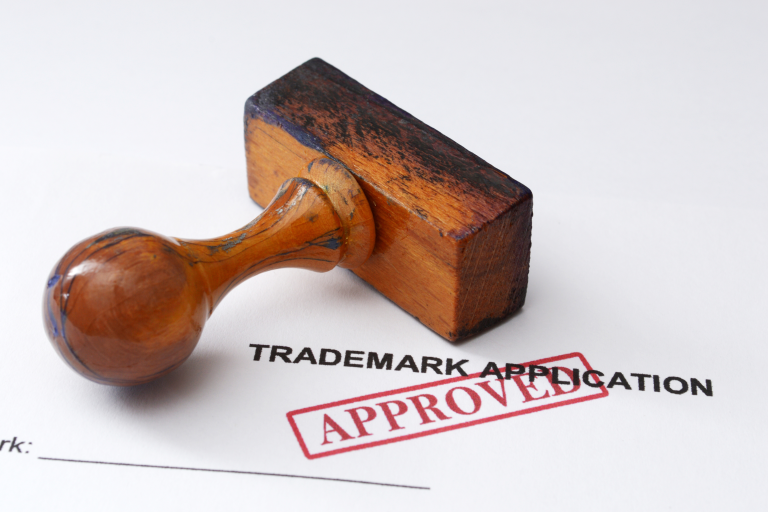Selling a business is never an easy decision, especially for larger companies with established goodwill and decades of activity in a specific industry. Depending on the terms agreed in the negotiation, a business purchase agreement may contain restrictive covenants.
In this article, you will find out the essentials about non-compete agreements in Florida business sales.
Drafting a Business Purchase Agreement in Florida – The Basics
When selling or buying a business in Florida, the parties involved must negotiate, draft and sign a business purchase agreement.
The business purchase agreement is a legal document used to transfer the ownership of the company (either in whole or part) from the seller to a new owner. The contractual terms must contain:
- A description of the parties in the transaction
- A description of the business
- An adequate description of the sale itself
- The terms involved in the transfer of Property
- The purchase price
- Whether the parties may assume any risk or liabilities attached to the company
- The payment method used in the purchase
- The set dates established for payment
- The deadlines each party must meet under the agreement
- Which assets are included in the sale?
- A detailed description of the assets included in the sale (e.g., physical assets, business records, cash, etc.)
- Whether the new owner will acquire the business intangible property (i.e., trademarks, goodwill, licenses, patents, royalties, trade secrets, etc.)
- The assignment of existing business contracts to a new owner
- Warranties to protect the parties to the contract after the transaction has been completed
- Optional clauses (e.g., non-compete clauses, non-solicitation clauses, etc.)
Why Are Non-Competes Used in Florida Business Transactions?
When a business owner sells a company and signs a contract with a non-compete clause, he or she agrees to not open another business or not partner with another business in the same industry and geographical area of the company taken over by the buyer.
Many business purchase agreements contain a non-compete clause to guarantee that the seller will not undercut the buyer’s business activities by trying to steal customers, take away vendors, or other similar actions.
In a competitive environment like Florida, sellers must understand the possible outcomes of signing a non-compete. Consulting with an experienced business attorney is fundamental to identify:
- Whether the terms of the restrictive covenant are reasonable
- Whether the language used in the contract leaves room for potential disputes in the future
Florida Statutes §542.335 provides that the “enforcement of contracts that restrict or prohibit competition during or after the term of restrictive covenants, so long as such contracts are reasonable in time, area, and line of business, is not prohibited.”
The same statute adds that “in any action concerning enforcement of a restrictive covenant:
- A court shall not enforce a restrictive covenant unless it is set forth in a writing signed by the person against whom enforcement is sought
- The person seeking enforcement of a restrictive covenant shall plead and prove the existence of one or more legitimate business interests justifying the restrictive covenant”
When drafting a business purchase agreement with a non-compete clause, the parties involved must not use vague or ambiguous terms. Otherwise, it may result in costly lawsuits and stressful situations.
Florida Non-Compete Sale of Business – Immediately Contact an Expert Attorney at Jurado & Associates, P.A.
Get in touch with a well-versed business attorney from Jurado & Associates, P.A. by calling (305) 921-0976 or emailing [email protected] to schedule a consultation.






